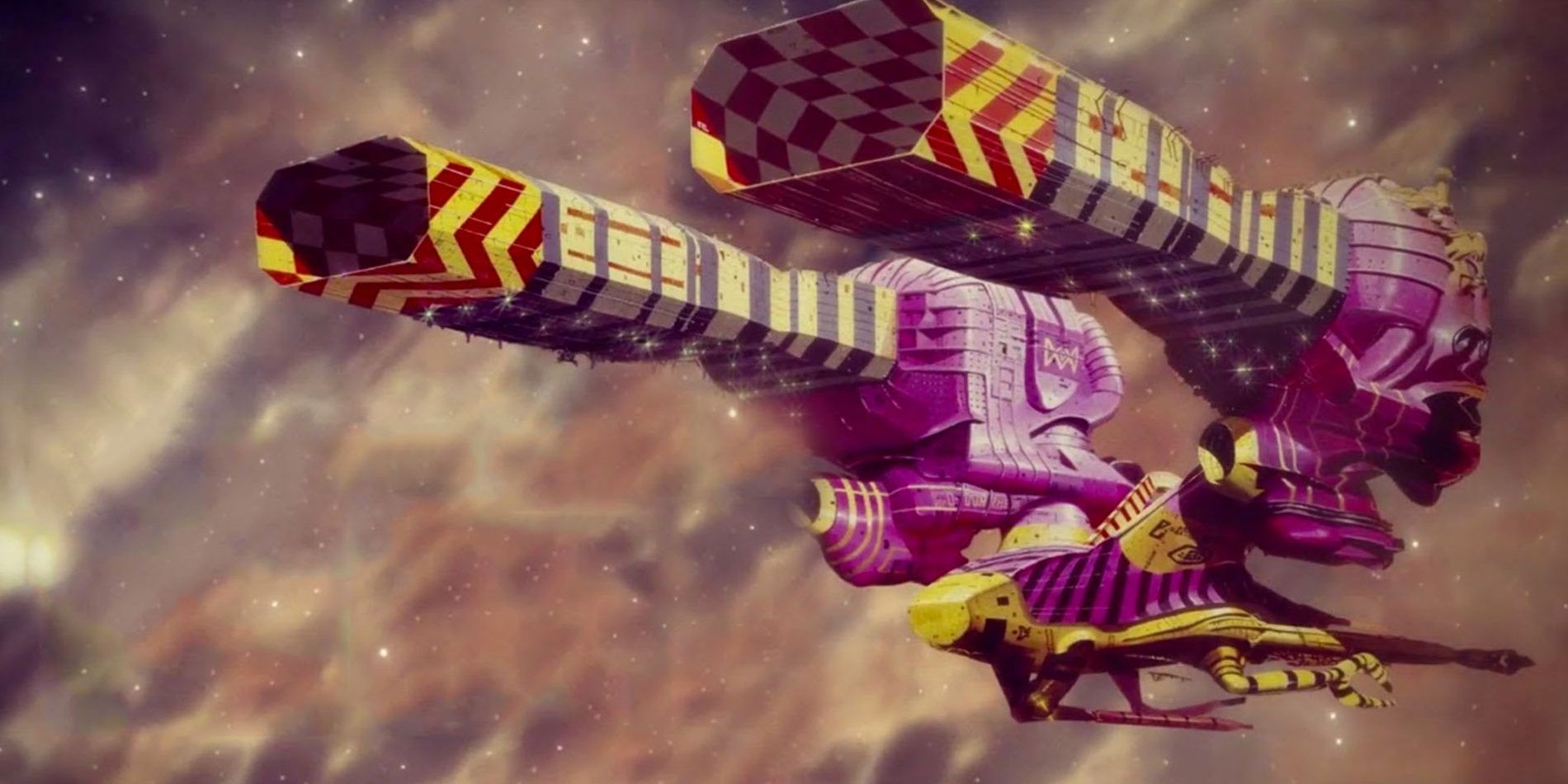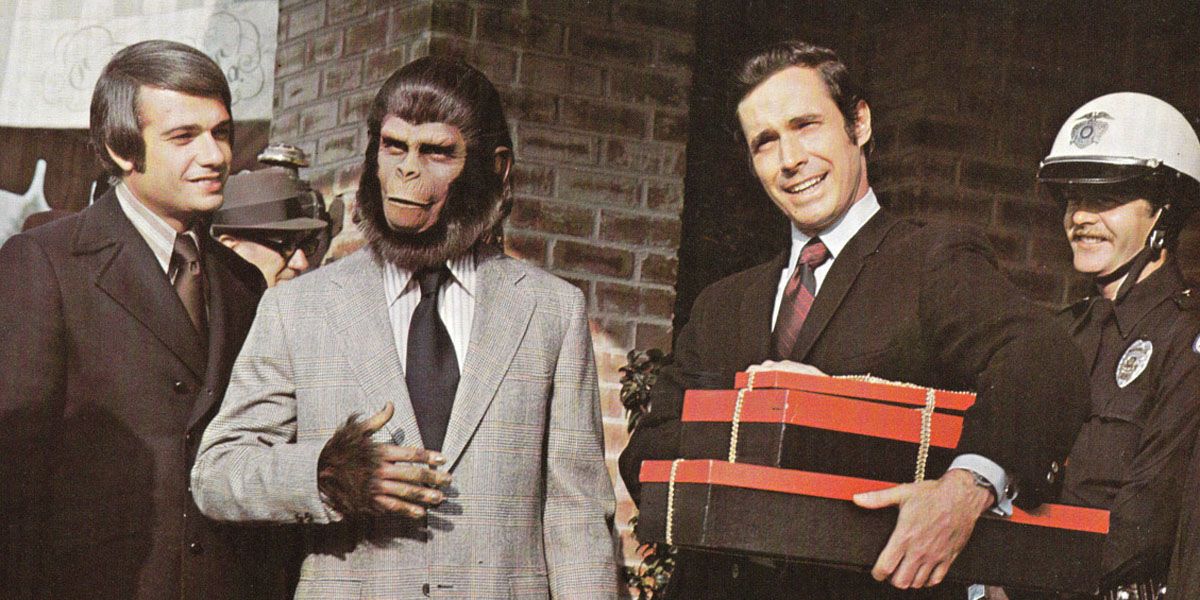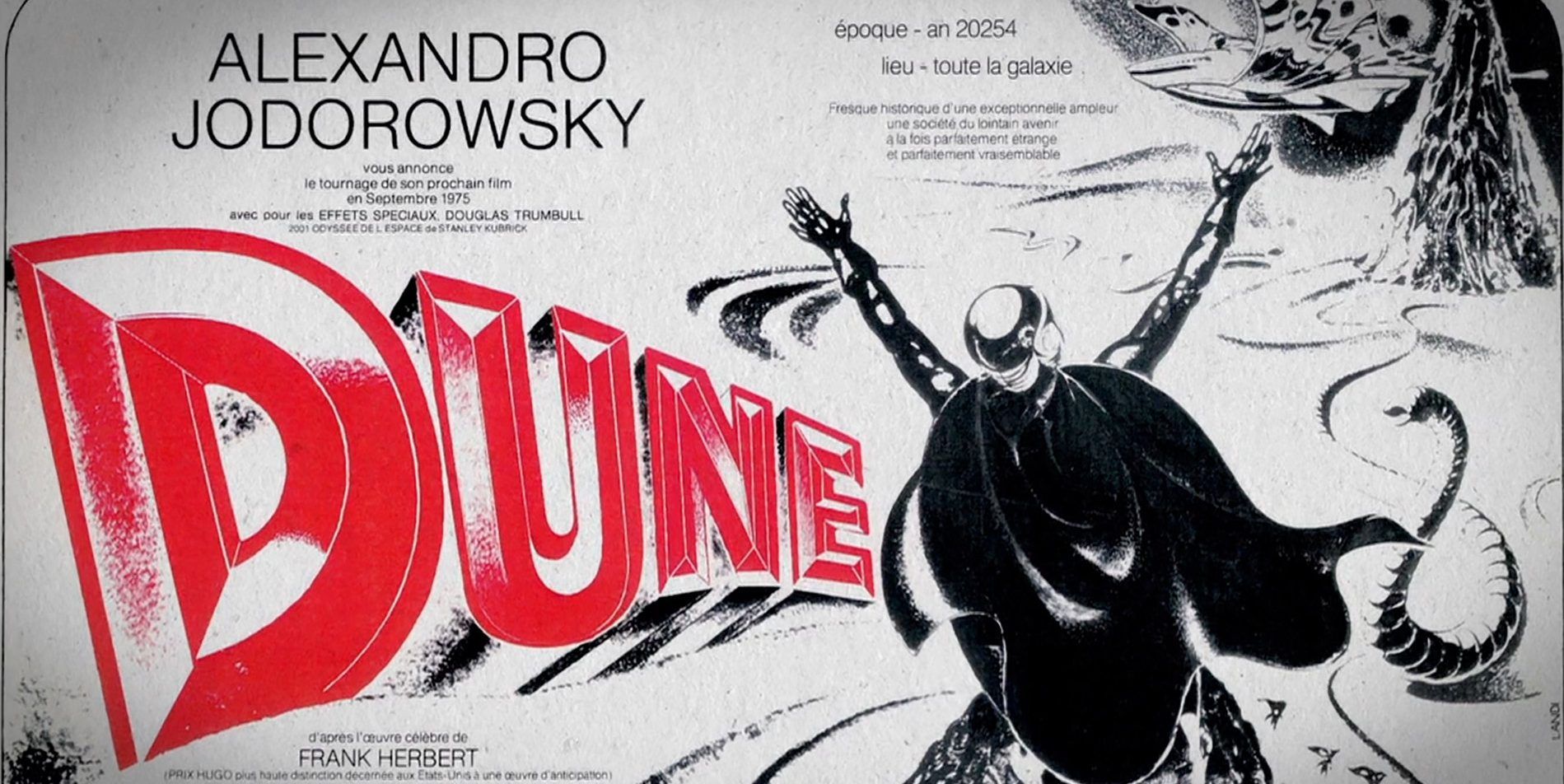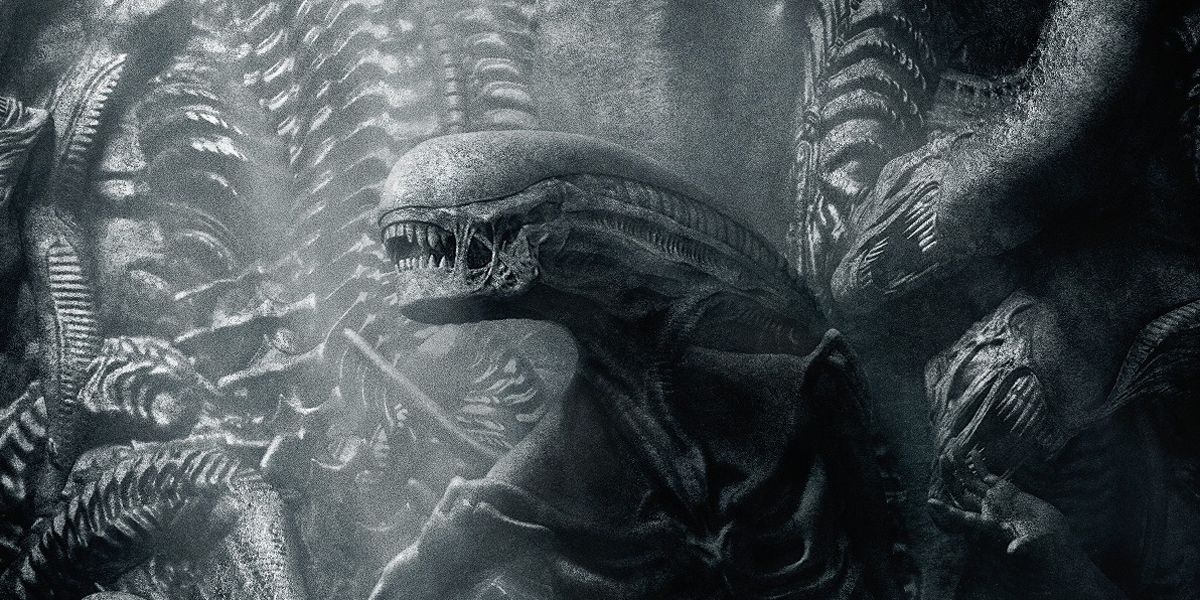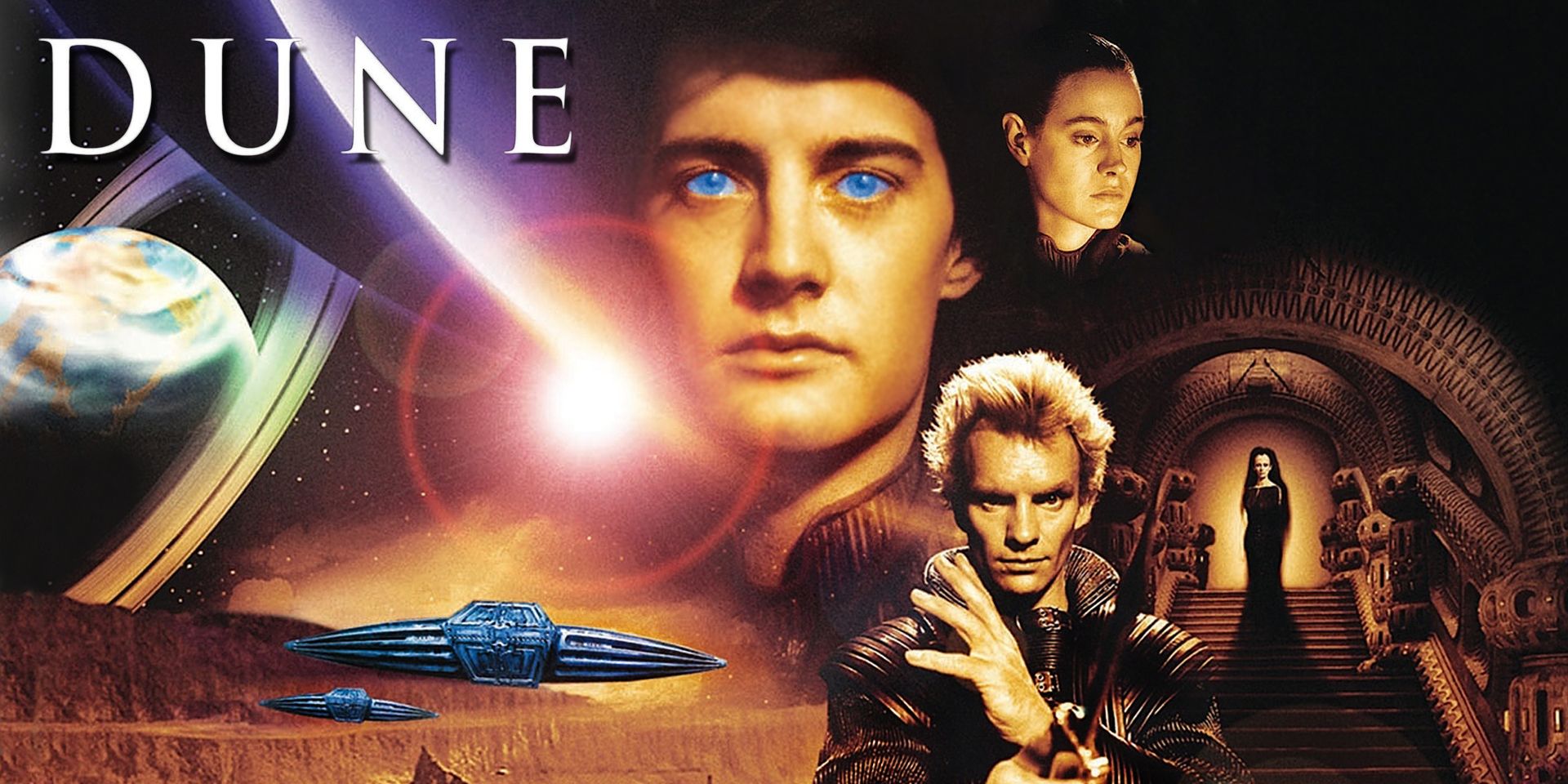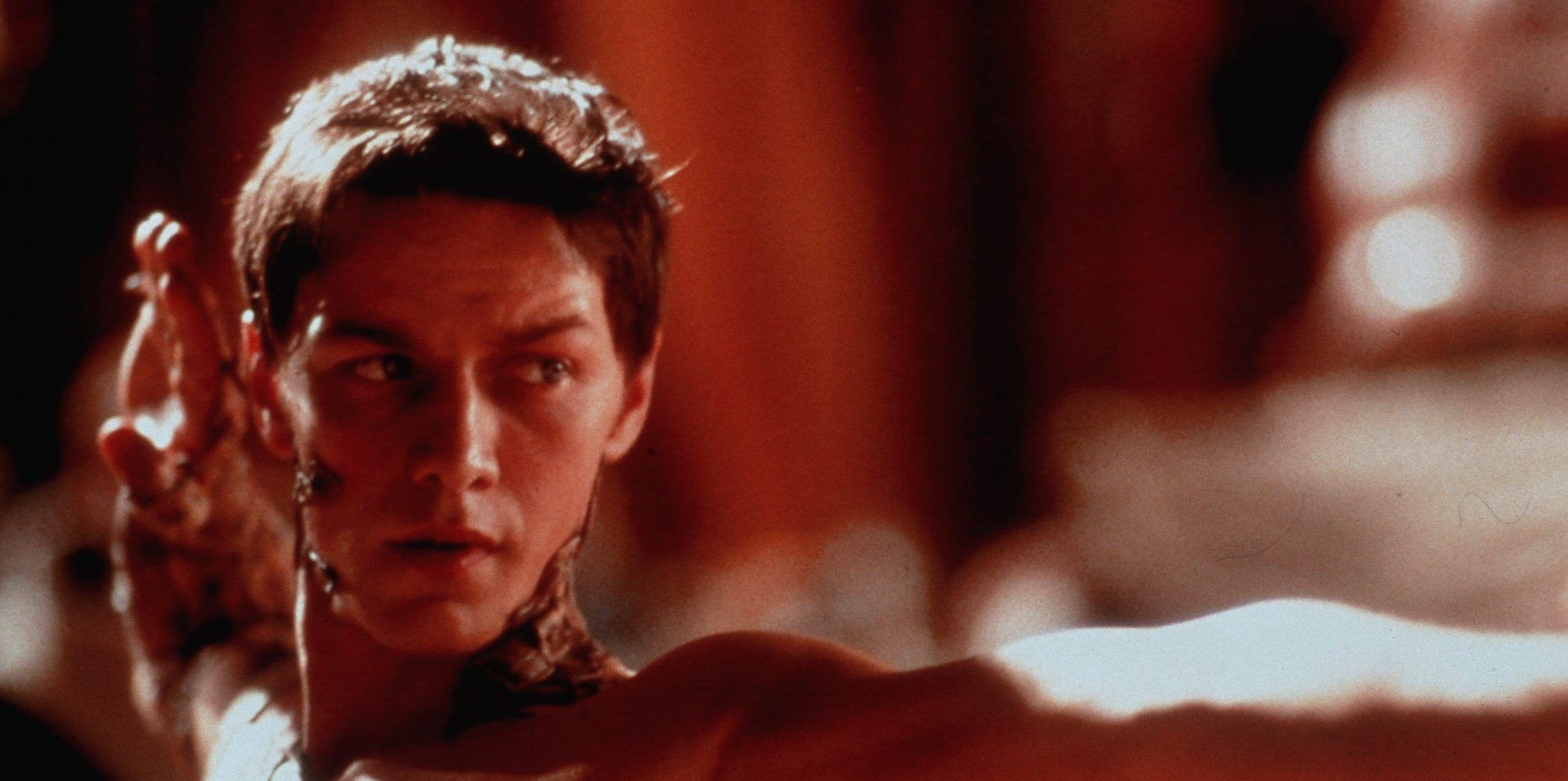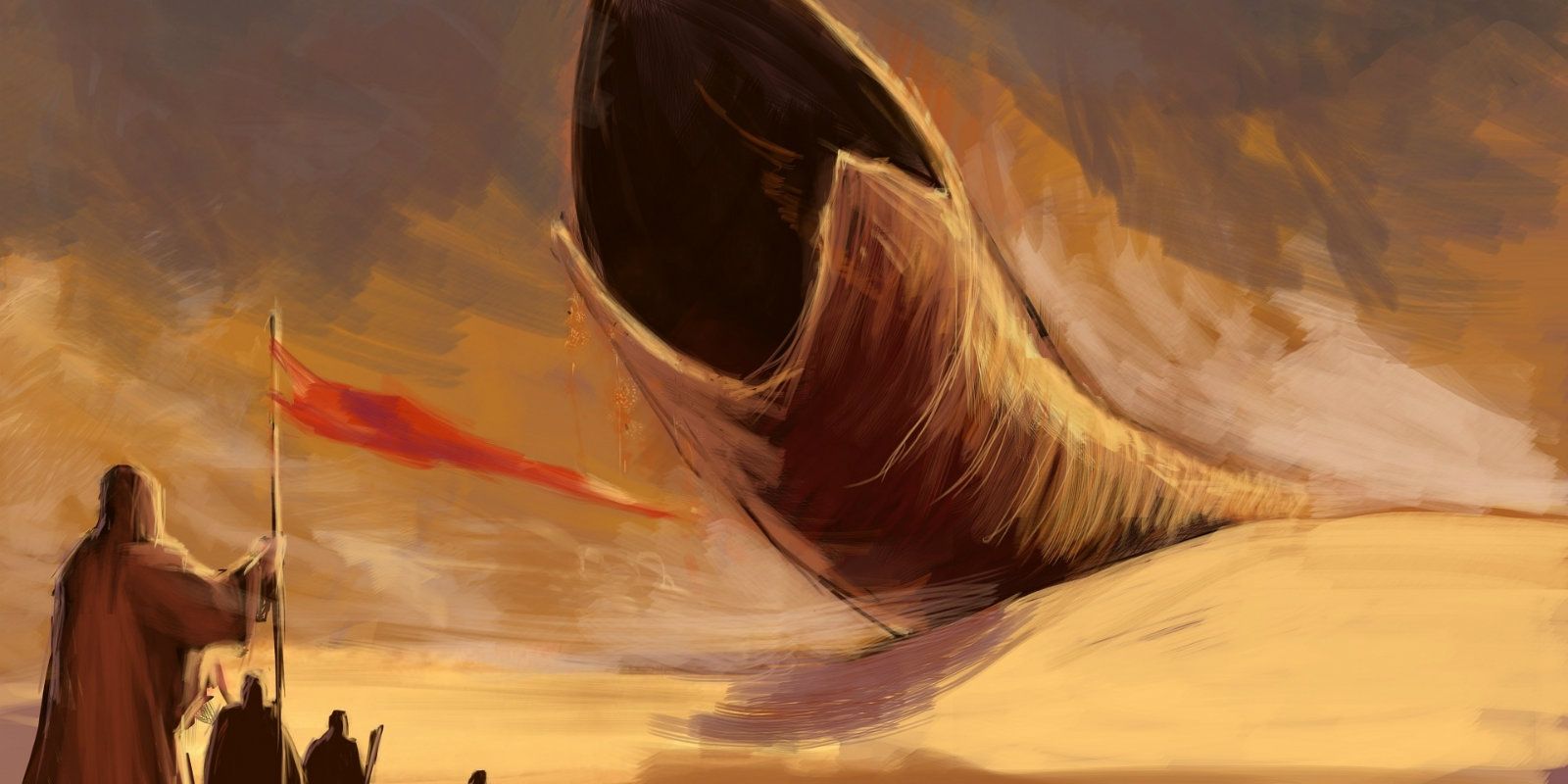To date, there have been three core adaptions of Frank Herbert's sci-fi epic Dune. They exist as David Lynch's 1984 film, the two miniseries adaptations of the book trilogy released on SyFy and the upcoming adaptation by Denis Villeneuve, which will include two films and an HBO Max series.
However, multiple attempts at adapting Dune have been made. It's just that very few of them have seen the light of day, in spite of excellent directors or producers being attached in many cases. Some of these unmade projects are the stuff of legend.
Arthur P Jacobs' Dune
The first planned production of Dune came from producer Arthur P Jacobs and his company, Apjac International. While this name might not be as well-known today, Jacobs was one of the most successful film producers in the industry, with the original five Planet of the Apes films and Midnight Cowboy on his resume, among other classic titles. Jacobs was one of the key figures in successful science fiction in this era, making him a promising talent to bring the book to life.
However, tragedy struck early on in this production of Dune. In 1973, during early planning stages, Jacobs died of a heart attack, which stopped the project in its tracks.
Alejandro Jodorowsky's Dune
Following Jacobs's death, Apjac International sold the rights to Jean-Paul Gibon after the eccentric filmmaker Alejandro Jodorowsky expressed interest in adapting Dune. However, Jodorowsky had never read the book. He wanted to make the film after having an elaborate dream. From there, Jodorowsky planned out a film that sounded simultaneously bewildering to the mind and altogether impossible to sell to a mainstream audience.
Jodorowsky planned on casting eccentric actors, including Salvedor Dali as the Emperor, Orson Welles as Baron Harkonnen and Mick Jagger as Feyd. Pink Floyd would handle the soundtrack, while artists H.R. Giger and Moebius would create the aesthetic of the film, with Dan O'Bannon handling the effects. The movie would have run for more than 14 hours.
The project ultimately fell apart, however, due to how expensive pre-production became and how impossible a 14-hour movie would be to sell. The story behind this adaptation of Dune became the subject of an award-winning documentary called Jodorowsky's Dune. If this bewildering adaptation sounds intriguing, then the documentary is essential viewing.
Ridley Scott's Dune
Giger and O'Bannon later collaborated on another landmark sci-fi film: Ridley Scott's Alien. When Dino De Laurentiis eventually acquired the rights to Dune, he sought out Scott to helm the film. De Laurentiis had previously commissioned Frank Herbert to write a script for the adaptation, which Scott and writer Rudy Wurlitzer then rewrote.
Scott's plan was to divide the film into two halves, since the book was too massive to adapt in one go. His core influence was the historical film The Battle of Algiers. However, Scott's brother died during the early planning stages. Realizing he could not put in the time commitment, Scott handed in the script and went to work on a smaller project: Blade Runner.
David Lynch's Director's Cut
De Laurentiis ultimately hired young filmmaker David Lynch to make Dune. Lynch wrote his own adaptation, despite not having a great interest in science fiction as a genre. A version of his film was released in 1984. Lynch never had final cut on the project, with the producers ultimately taking it from him to revise into something they could sell to audiences.
Lynch's original Dune cut was nearly four hours long, but the theatrical and extended television cut were both shorter and different from what Lynch intended. While some fans have tried to recreate a close approximation to what Lynch intended using deleted scenes and re-editing scenes, it is ultimately impossible to know what Lynch's director's cut would have been. Lynch has expressed no intention of ever returning to Dune.
Sequel to Children of Dune miniseries
Years later, SyFy turned the first three Dune books into two extremely successful miniseries adaptations: Frank Herbert's Dune and Children of Dune. Both were highly praised by critics and audiences alike. It seemed inevitable that the crew would go on to adapt the later books, including the fourth, God Emperor of Dune, with James McAvoy continuing his role as the God Emperor Leto II.
Producer Richard P. Rubinstein owned the rights to adapt the first six books of the Dune franchise, which meant he had the ability, following the first two adaptations' success, to go ahead with it. Bonnie Hammer, head of then-dubbed Sci-Fi Channel, indicated there were plans to continue with Dune as a weekly series, similar to how the Battlestar Galactica miniseries later expanded into a weekly serial.
While it is impossible to determine why the channel never went through with these plans, it is possible the merger between NBC and Universal Television -- which shifted Hammer's focus to the channel USA -- contributed to SyFy altering its priorities. Ultimately, it lost the adaptation rights.
Paramount's Dune
Paramount bought the rights for Dune in 2008. Its film -- a collaboration between producer Kevin Mishner and SyFy's Richard P. Rubinstein -- aimed to create a more faithful and complete adaptation of the books. Brian Herbert and Kevin J. Anderson, who wrote several novels in the Dune saga after Frank Herbert's death, were brought on as consultants.
Their choice to direct was Peter Berg (Friday Night Lights), but Berg ultimately left the project to direct sci-fi flop Battleship. Paramount then brought on Taken director Pierre Morel, but Dune ultimately fell apart in 2011.
Five years later, Legendary Pictures secured the rights, bringing on Denis Villeneuve to create a new adaptation for film and television.

